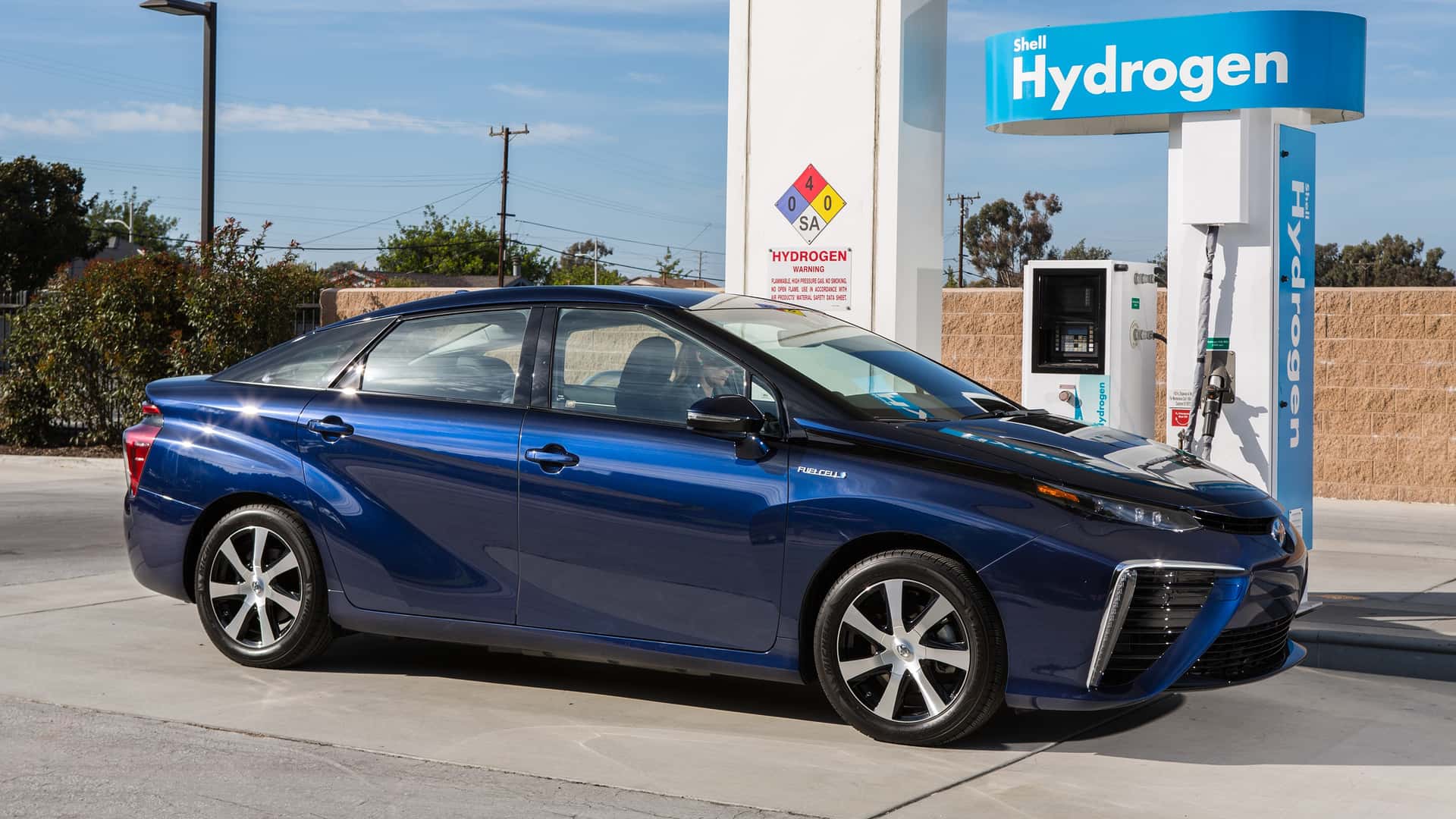Shell Is Immediately Closing All Of Its California Hydrogen Stations | The oil giant is one of the big players in hydrogen globally, but even it can’t make its operations work here.::The oil giant is one of the big players in hydrogen globally, but even it can’t make its operations work here. All seven of its California stations will close immediately.



You’re mostly right. But I don’t agree on the last part. Hydrogen production can’t be done in your backyard. But electricity can (and I forgive you if have no backyard, these next few points may be less relevant if that is the case).
Unlike hydrogen, electricity production is affordable, scalable, and ubiquitous. And that small detail changes the benefits dramatically.
Again, I can see that these are less compelling points if you live in a super dense area and utilities and supply chain there are really dependable. But this is hardly the case everywhere.
And then there’s the build of the car itself. Honestly, I know nothing about it, but something tells me the simplicity of battery and electric motors makes those cars more practical to build, especially if the battery itself is commoditized as part of a complete electric grid solution.
I can put two electrodes in salt water and run it off an old power brick and generate hydrogen. It’s not efficient, industrial hydrogen isn’t primarily made that way (it mainly comes from oil instead), and hydrogen has a list of other problems, but it can be done.
The trick isn’t making hydrogen, it’s capturing it, refining it (so that it isn’t mixed with a tonne of air), and compressing it into a pressurised storage tank for later use.
None of that is magic, or even especially expensive. You can do it with stuff available off the shelf to a hobbyist. It’d be a silly way to run cars, but you can do it.
Honestly, and I don’t want to sound selfish here, but never having to get out at a gas station in the middle of winter again is the biggest draw of an EV for me. Especially since I rarely drive more than about 60 miles.
Most people in the world cannot put solar panels on their roof today. Even if you exclude all the places people don’t own cars I still think my statement will be true.
Whether that’s true or not, it doesn’t invalidate their points
Yes it does. If you cannot generate electricity at home, all those points are moot.
Only if you’re looking at it from a purely all-or-nothing view since those infrastructure points will be improved as adoption progresses… And building that infrastructure is just the endpoints for the most part since the electricity is already being delivered, which you seem to continue to ignore or handwave as having to do with adopting the “wrong” tech (which even with your arguments is only the “wrong” tech because of infrastructure, which is a circular argument)
Right now, plenty of people can adopt this and benefit from it. Over time, as it becomes more ubiquitous, it’ll make more financial sense for places where people can’t put in their own stations to set those up, possibly backed by solar. Which will be far less infrastructure needed than hydrogen stations, hydrogen production facilities, and hydrogen trucks to haul it to the distribution points (stations).
My argument is it is wrong tech because of current state of development of batteries. Slow charging, low energy capacity, heavy weight, using dangerous chemicals, etc.
I’m one of those people - I have an EV, but I wish I had a hybrid that has a tiny, light battery for ~50 miles of city driving I can charge at home and a proper size hydrogen tank I can use to travel as far as I want.
I stand by my argument that we should have invested heavily in hydrogen cars and infrastructure. Batteries will inevitably make it into cars as their development progresses. They are just not the right tech now.
You… actually can.
https://www.airproducts.com/equipment/hydrogen-onsite-generators
Lots of companies make stations like these. Granted they’re not cheap.